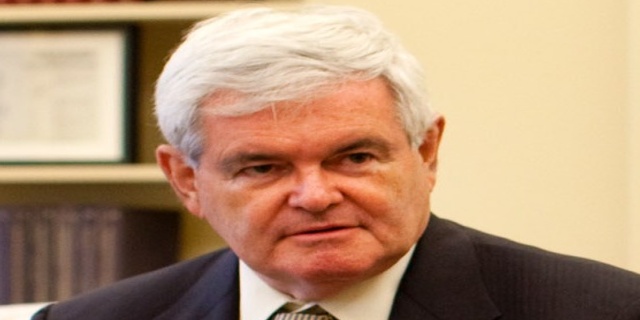Obama’s Second Middle East Speech

On June 4, 2009, President Obama gave a speech at Cairo University in Egypt, in which he said he was seeking “a new beginning between the United States and Muslims around the world.” Obama stressed America’s commitment to fostering democracy, without acknowledging that it had helped prop up Egyptian strongman Hosni Mubarak’s undemocratic regime for almost 30 years.
In practice, little about U.S. foreign policy in the Middle East changed except the tone. But the political situation in the Middle East has shifted dramatically since Obama gave his speech in Cairo, largely in spite of the U.S. rather than because of it. Starting in Tunisia, popular anti-government demonstrations swept across almost every country in the Middle East, including Egypt, where the U.S. continued to support Mubarak’s government until it was clear that it was in serious trouble. The U.S.’ provisional support for democracy in Egypt and Libya has failed to do much to improve opinion of the U.S. in the Middle East, with just 20% of Egyptians saying they have a favorable impression of the U.S. Elsewhere, the U.S has looked the other way as allies like Saudi Arabia moved to quash democratic protests.
The political transformation of the Middle East—along with the symbolically important killing of Osama bin Laden—nevertheless gives the U.S. an opportunity to reassess its strategy in the region. But there were few surprises in Obama’s second important speech on the Middle East today. It was not the apology some had wanted. Obama reaffirmed America’s commitment to democracy and spoke in support of the protesters in Syria, Yemen, and Bahrain. Given America’s mixed support for democracy in the past—and the fact that repressive U.S. ally Saudi Arabia was not mentioned a single time in the speech—audiences in the Middle East are likely to be skeptical. But the speech—given not in Cairo, but at the State Department—was probably aimed more at a domestic audience than to the skeptical people of the Middle East. With the next election just 18 months away, that’s not surprising. But it is another opportunity to make a real change in the Middle East that the U.S. has missed.
Photo credit: Jonathan Rashad





